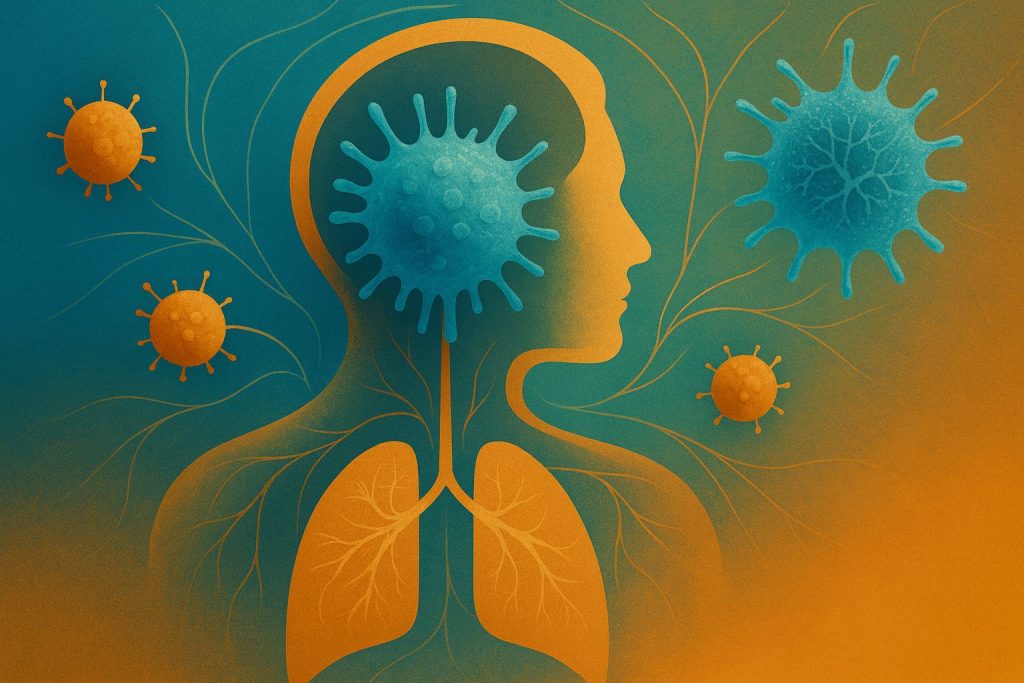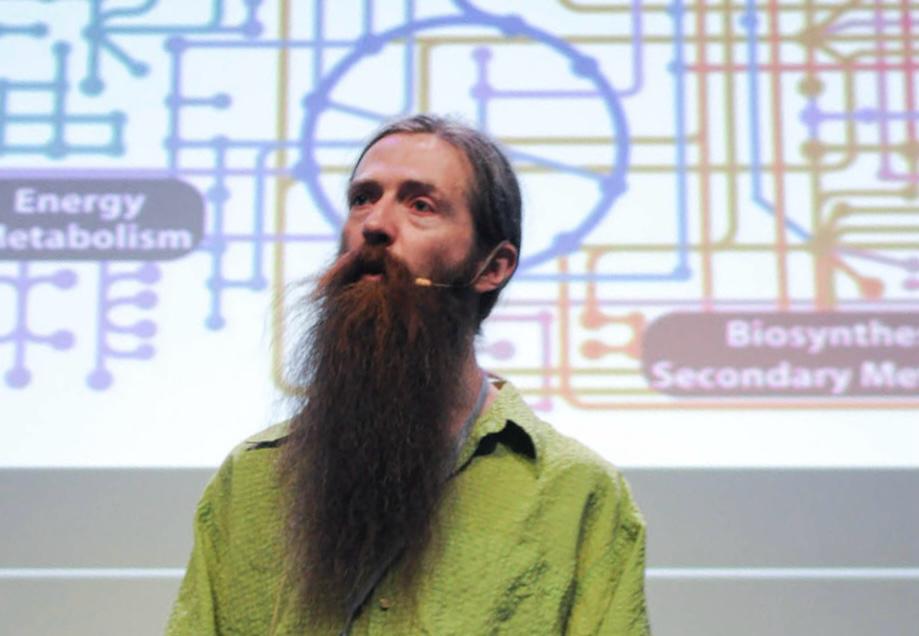The Longevity of Peace: How the 2025 Nobel Discovery May Redefine Aging, Resilience, and the Mind-Body Union
By Anne Canal Published 29th October 2025: 06:48am GMT

(Image: Generated by AI — freely publishable, representing the harmony of the immune system and human self-healing)
The Guardians of Balance: A Nobel for the Inner Peacekeepers
In October 2025, the Nobel Prize in Physiology or Medicine was awarded to Mary E. Brunkow, Fred Ramsdell, and Shimon Sakaguchi—three scientists who unraveled one of biology’s most elegant mysteries: how the immune system learns to tolerate itself.
Their work centers on regulatory T cells (Tregs), microscopic diplomats that prevent our immune armies from declaring civil war on the very tissues they protect. Without them, we would live under siege from within. With them, the body becomes a self-governing democracy—capable of restraint as well as defense.
This Nobel recognizes more than a cellular discovery; it honors a profound idea: health depends on harmony between destruction and repair, vigilance and mercy.
From Mystery to Mechanism
In the 1980s, Shimon Sakaguchi observed that removing a rare subset of white blood cells triggered catastrophic autoimmunity in mice. Two decades later, Mary E. Brunkow and Fred Ramsdell identified the master gene behind this balance—FOXP3, a molecular switch that converts ordinary T cells into regulatory ones.
Mutations in FOXP3 caused IPEX syndrome—fatal autoimmunity in infants—revealing that tolerance is not an accessory of life, but its prerequisite.
Together, their work taught medicine that immunity is not just weaponry, but wisdom.
From Nobel Bench to Hospital Bed
The discovery of Tregs is transforming therapy itself.
* Autoimmune diseases: New treatments aim to enhance Tregs, teaching the immune system forgiveness instead of suppression. For millions with lupus, diabetes, or arthritis, this heralds a gentler era—one where the cure comes from the body’s own diplomats.
* Cancer: Tumors manipulate Tregs to hide from immune attack. Modern immunotherapies now fine-tune these brakes, releasing fury against cancer while preserving internal peace.
* Transplants: Treg-based therapies promise tolerance without the toxicity of lifelong immunosuppressants. Imagine a child receiving a heart that the body quietly learns to accept as its own.
The result is a medicine of negotiation, not domination.
Beyond Immunity: The Biology of Balance
The Nobel’s implications extend beyond immunology into the architecture of life itself. Chronic, low-grade inflammation—what scientists call inflammaging—is now seen as the slow fire that consumes us over decades.
By restoring immune tolerance, Tregs may extinguish that fire, slowing the aging clock.
If aging is inflammation stretched across time, longevity may be the reward of cellular diplomacy.
The Mind-Body Mirror
Modern neuroscience confirms what philosophers intuited: the immune system and emotions share a language. The same cytokines that govern inflammation influence mood, resilience, and cognition. When inflammation rises, we feel despair; when balance returns, calm follows.
Tregs, then, are not only biological but metaphorical teachers.
They remind us that healing—psychological or cellular—begins when we stop attacking ourselves.
Meditation, sleep, and meaningful connection all increase Treg activity. Peace of mind, it turns out, is measurable in molecules.
Medicine as Harmony
The next frontier of medicine may not be found in new drugs, but in re-education—training immunity itself to discern friend from foe.
Clinical trials of Treg transfusions are underway for multiple sclerosis and type 1 diabetes; AI-based diagnostics now map each person’s “immune balance” profile.
In the decades ahead, your doctor may prescribe not immunosuppression, but immune coaching—therapies that cultivate equilibrium instead of muting response.
This is medicine as music: tuning the orchestra rather than silencing the instruments.
The Philosophy of the Immune System
At its deepest level, the 2025 Nobel honors not only science but wisdom. The immune system thrives through moderation. Every overreaction, every excess zeal, carries the risk of self-destruction. So too with civilization.
Regulatory T cells are the biological embodiment of tolerance—proof that peace is not weakness, but the most sophisticated form of survival.
The Human Future: Healing as Self-Knowledge
To live long, we must learn—at every level—not to attack ourselves.
That lesson now extends from the cell to the self, from immunity to society.
The discoveries of Brunkow, Ramsdell, and Sakaguchi reveal that the maintenance of life is an act of understanding.
In a century that once defined medicine as warfare, their work inaugurates an age of diplomacy:
a medicine that heals by teaching the body, and perhaps humanity, how to make peace with itself.
Epilogue
When the Nobel Committee honored these three scientists, it also honored the quiet intelligence within us all—the self-healers, the immune balancers, the guardians of peace.
Their discovery is not only biological; it is existential.
Because in the end, longevity is not merely the extension of time—
it is the perfection of harmony.
You May also like


By Belinda Pinta

